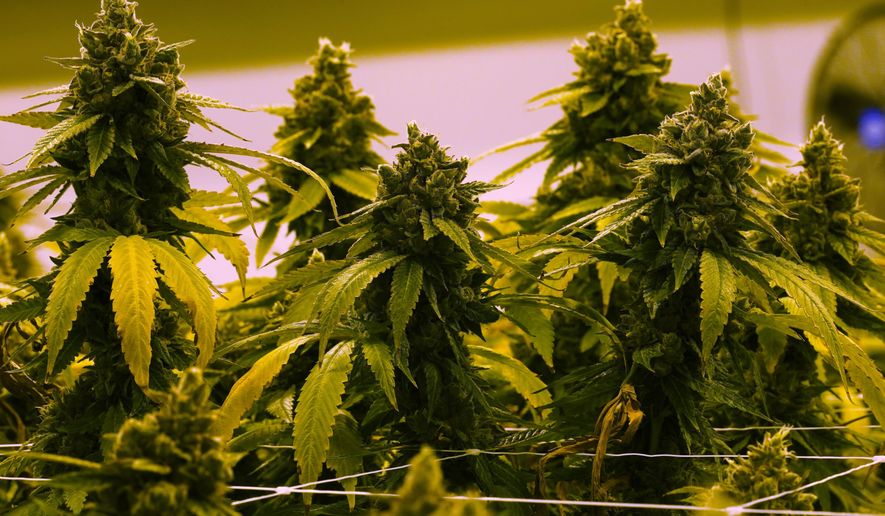State laws legalizing medical and recreational cannabis played “a significant role” in small but troubling spikes in veterans diagnosed as addicts by the Veterans Health Administration, a study found.
Seventeen public health researchers published the study Wednesday in JAMA Psychiatry, analyzing millions of annual records for Veterans Health Administration patients from 2005 to 2019.
Over that period, they found recreational cannabis accounted for 9.8% of the total addiction increase among veterans in states that legalized it for that purpose, while medical marijuana accounted for 4.7% of the surge in states that let doctors prescribe it.
The link was even higher in patients aged 65 to 75 years, where medical legalization accounted for 8.1% of the overall rise in addictions and recreational legalization accounted for 18.6% of the increases.
Such results are troubling since cannabis products on the market have become more potent as legalization spreads and since 20% to 30% of marijuana users are addicts, the researchers said.
“The U.S. national increase in [cannabis use disorder] diagnoses regardless of state laws underscores a growing need in the VHA and elsewhere to screen for cannabis use and offer evidence-based treatments,” they wrote in the study.
The study said cannabis use addiction is “characterized by problematic use, clinically significant distress or impairment, symptoms including tolerance, withdrawal, and neglect of other activities, and psychosocial and health-related problems.”
The VHA did not respond to a request for comment on the findings.
• Sean Salai can be reached at ssalai@washingtontimes.com.




Please read our comment policy before commenting.